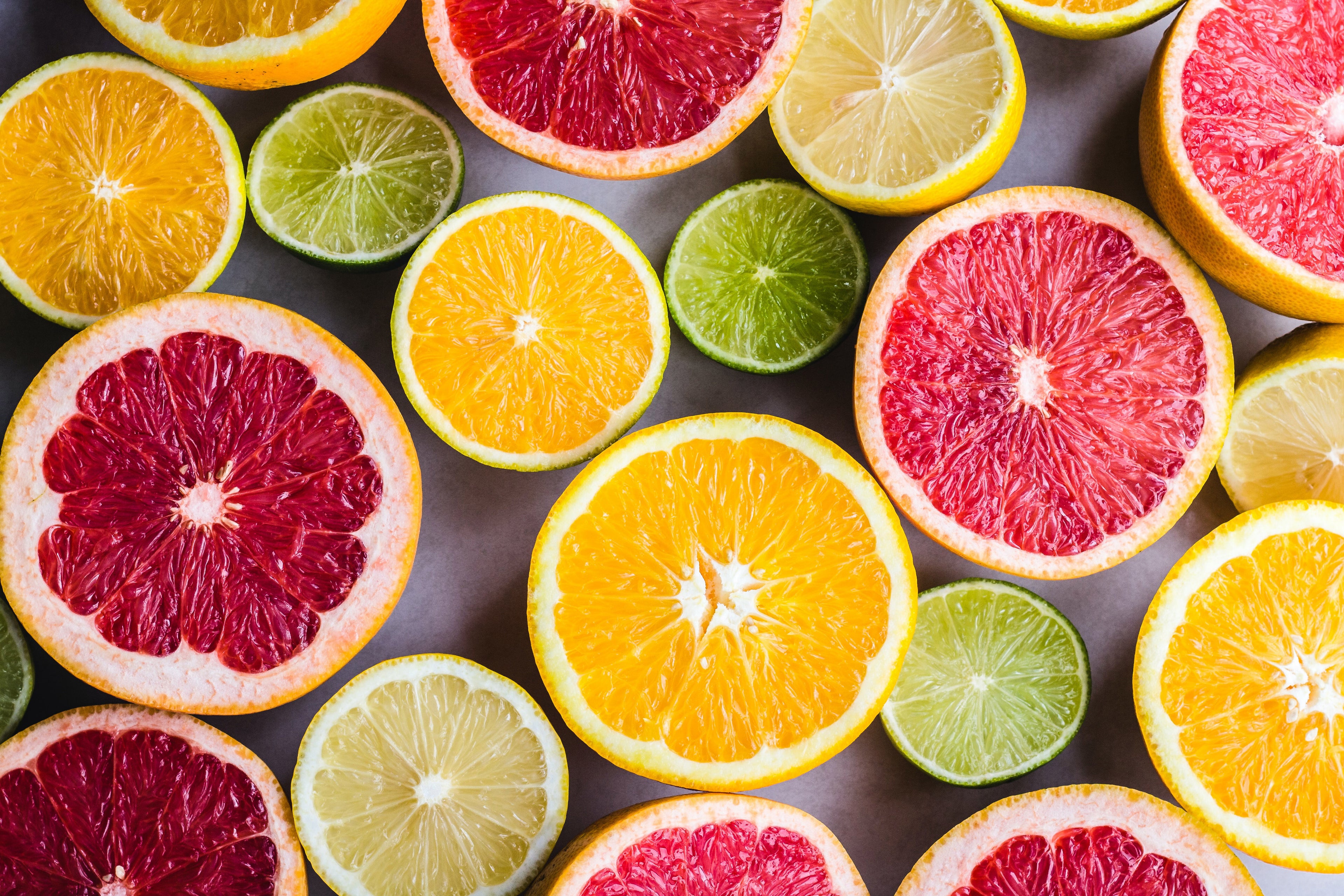-
Today we're going to talk about reflux. The terms GERD, GORD, reflux and heartburn all mean pretty much the same thing. I'm going to call it reflux today.
Reflux is when the stomach contents leak back up the esophagus, often causing pain or discomfort in the centre of the chest or throat.
Most people think reflux is caused by too much acid. That's because it burns and it feels like there's too much acid. The real issue for most people is not enough acid.
Let's talk a little about stomach acid...
Your stomach's job is to break down protein. You might eat something like fish, eggs, beef or vegetable protein. All of these need to be broken down in your stomach. Stomach acid breaks the protein apart into things called amino acids. Amino acids are the building blocks of protein. Amino acids are needed by your body for lots of things. If your body wants to do things like make a new cell, repair a muscle or tendon, make a neurotransmitter or a hormone it needs to use lots of amino acids.
So if you're low in stomach acid, the first problem you have is you're going to be low in amino acids, so lots of functions of your body might suffer. It could be hormonal issues, or difficulty healing, or even emotional issues, purely because your body didn't have enough amino acids to make all the things it needed to function properly.
The second thing that happens is the protein you ate sits inside your stomach and rots! Yes, really!!! Our bodies run at 37 degrees. So if it's a stinking hot 37 degree day and I put a piece of fish on the bench and come back later, it's not going to be pretty is it? Similar things happen inside. If you can't break down your protein, then you have rotting protein in your gut. That creates nitrates and ammonias which are highly toxic. Your liver and kidneys try to get rid of these toxic chemicals as fast as possible, but they still have to do their normal jobs. So low stomach acid can lead to liver or kidney stress simply because your detox organs get overworked. The rotting food sits inside and ferments and bubbles. That will often cause bloating and gas.
Your stomach has two valves. One at the top, and one at the bottom. Rotting protein inside your stomach creates gas and bloating. The gas creates pressure inside your stomach. If the bottom valve is weaker, then likely it will open and let whole proteins go through into your small intestine. If the top valve is weaker, then it will open, maybe you burp, allowing some of the stomach contents to go back up the esophagus. And there's your reflux.
This will more likely be an issue when you're lying down, although it can happen anytime. Even though you have low stomach acid, it's still too strong for the esophagus and it will burn. So to you, it feels like too much acid. But the real cause was not enough. If you take an antacid, it takes away the burn. The antacid neutralises the acid in your esophagus and your stomach.
Here's one really important thing you need to know: if you take an antacid and you have low stomach acid, you're working against your body. You started with not enough stomach acid, and now the antacid just neutralised the little bit of acid you had. So the problem is worse now, even though your pain is better. This applies to over the counter type antacids and also prescription drugs. If low stomach acid is the cause of your reflux, these things will take away the burn, but they make the problem worse. I'm not saying you shouldn't take antacids. You may need them in the short term to relieve the pain.
The best antacid in my opinion is plain old Bicarb soda. Try 1/2 teaspoon in a glass of water. This will help the symptom of reflux.
The third thing that happens when stomach is low is you might start having allergic type reactions to foods. If your proteins are not broken down into amino acids, you get whole proteins moving through your intestines. Your intestines are meant to have amino acids in them, but not whole proteins. Whole proteins look like bacteria to your immune system. So your body creates extra white blood cells to fight what it thinks is an infection in your gut. That causes inflammation. Your body may also try to move the food through really quickly, causing diarrhoea, or it might try to hold onto the food for as long as possible, causing constipation. Some people find they alternate between diarrhoea and constipation. The good news is that these allergic type reactions are not true allergies. So if you fix the cause of the reactions - low stomach acid, then the reactions go away over time. I want to be really clear; low stomach acid does not cause true allergic reactions. So for example if you have an anaphylactic reaction to peanuts, it's probably not related to stomach acid issues. However if you eat dairy and it causes constipation or diarrhoea, it MIGHT be a result of low stomach acid.
The most important issue is that you take care of the root cause of your reflux.
In order to make stomach acid you need: zinc, iodine, vitamin B1 and salt. If you're low in just one of these things, you'll be low in stomach acid. In my experience, lots of people are low in all 3 of zinc, iodine and B1. So, how do you fix low stomach acid? For many people, it's as simple as getting your zinc, iodine, B1 and salt to optimum levels. It might take 3-6 months to get your levels high enough, depending on how low you are right now.
There are some very simple home tests you can do for iodine and zinc levels. To check your vitamin B1 level requires a blood test. We do these tests in our clinic and can order blood tests from a lab near you.
Another side issue of low stomach acid is that your whole body becomes acidic. You've probably heard about the need to alkalise your body. There are lots of alkalising diets and supplements. In my opinion, the best way to alkalise your body is to have good, strong stomach acid. Your stomach runs a chemical reaction to make acid. One side of the reaction produces stomach acid, the other side produces bicarb soda, which goes into your blood. This makes your stomach acidic and the rest of your body alkaline. In other words, if you concentrate your acid in your stomach, then the rest of your body becomes more alkaline. Some people have low stomach acid and deal with it by eating a highly alkaline diet, which is mostly fruit and vegetables. This makes them feel better, but it still hasn't addressed their root cause: low stomach acid.
I see quite a few people who've been taking stomach acid in a capsule. Sometimes for a long time. While acid in a capsule does help your stomach to break down protein, it does not deal with the root cause of the problem. It will also potentially make your body too acidic. When you make stomach acid yourself, you create acid in your stomach and bicarb soda into the rest of your body. When you take an acid capsule, there's no bicarb soda to balance the acid. I do recommend acid capsules sometimes for a short time, but it is not a long term solution in my opinion.
So if you're suffering from reflux today, I recommend that you contact a practitioner who can assess the root cause of the problem and make recommendations that will help you to deal with it.
We do this testing in our clinic, and we also have test kits that we mail out for people who don't live in our area. We can discuss with you in person, over the phone, or using online video. If you'd like to get started and find the root causes for your reflux, click the book now button below.
-


